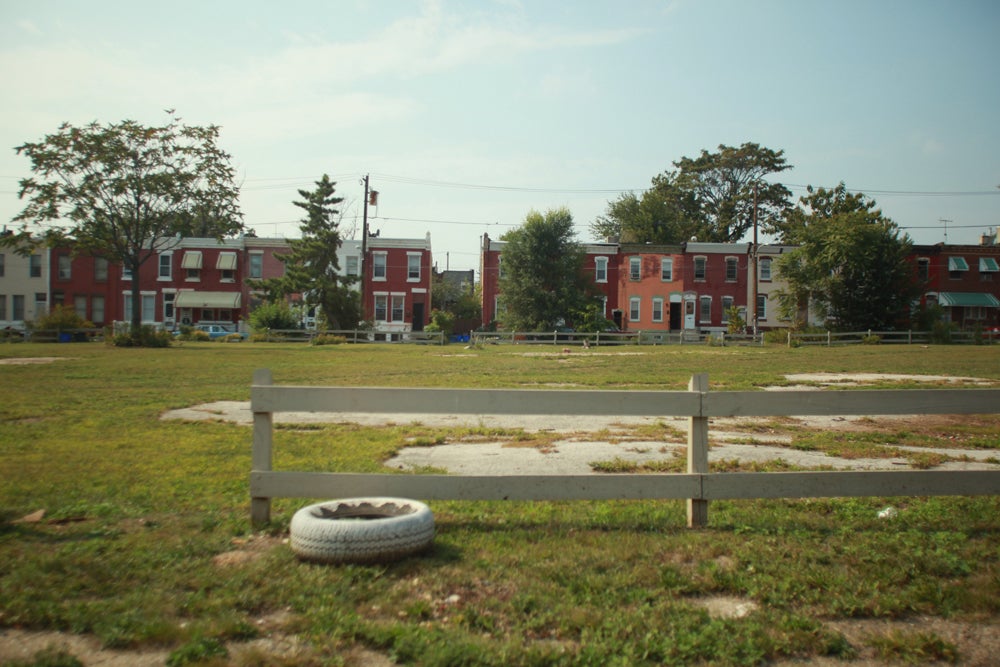City seeking ‘nuclear option’ to reclaim land it sells to private developers

On Tuesday, City Council moved a bill forward that would make it easier to take back city land it sells to private developers.
The bill would alter city code provisions regarding the disposal of publicly-owned property through the Vacant Property Review Committee (VPRC) by adding an “irrevocable power of attorney in each deed.” This would empower the city to quickly reclaim properties it sells if the new owner hasn’t improved the property within one year of acquiring it, but without the 30-day’s notice currently required.
During City Council’s Committee on Public Property and Public Works hearing Tuesday, chairman Bobby Henon quizzed administration representatives on what, exactly, they hoped this tweak would offer that the law doesn’t already allow.
“The major change is that it allows us to take action on the property without notice to the land holder,” said Frederick Purnell, the Deputy Director for Housing and Community Development. “It gives us a more expeditious way to take action. We would probably use this if there was a pattern of noncompliance and we had already had contact and the property owner was not responding. This is kind of like a nuclear option.”
The law currently requires that properties obtained from the city must be rehabilitated or improved within one year of the title being transferred. The Planning Commission and the VPRC determine the conditions of title for each property deed that the city sells. If the new owner fails to meet those terms, the title reverts back to public ownership, in the open-ended wording of the bill, “upon notice that such failure exists and no attempt is made to remedy such failure.”
This is known as a “right of reversion” it serves as a common feature of municipal land dealings. Adding the irrevocable power of attorney to the deed is less common. “I don’t see that giving notice, with a 30-day period to cure, and then exercising the right, is so onerous,” said Alan Mallach, land use expert and senior fellow at the Center for Community Progress.
The city argues that the legislative tweak is merely an exercise in flexibility.
“It’s our expectation that we will continue to provide notice,” says Paul Chrystie, spokesperson for the Office of Housing and Community Development. “Conceptually I suppose there could be an egregious actor, where not providing notice would be the way to go. But we do not anticipate any change.”
Chrystie also noted that this tweak would only affect properties owned by the city, not properties being sold through the Land Bank (even though these are also approved by the Vacant Property Review Committee), the Redevelopment Authority, or the Housing Authority. Asked why the change is necessary at all, Chrystie described it as simply adding another instrument to the city’s toolbox.
“It’s a slightly stronger tool,” says Chrystie. “You can see instances where that might be helpful, but by and large we think the process we have is fine. But…having a stronger toolbox is a way of encouraging property owners to conform with the agreement they signed and the promises they made.”
But the tweak makes some in the development community apprehensive. They fear that this will simply add another complication to what they characterize as an already opaque and challenging process of purchasing city-owned land. David W. Feldman, president of the property development firm Right-Sized-Homes, says that the right of reversion that the already has for previously-owned city land are rigid, but rarely enforced.
“However, the language itself continues to put some people off from wanting to do business with the city,” says Feldman. “It also puts clouds on titles that make it more complicated to get financing…. Something that says the city with no notice whatsoever can just take the land out from under the builder? It’s going to make it very likely impossible for anyone to get financing for a project unless the city then agrees to revoke or withdraw it.”
After passing through committee on Tuesday, the next step for the bill will be a first reading before City Council.
WHYY is your source for fact-based, in-depth journalism and information. As a nonprofit organization, we rely on financial support from readers like you. Please give today.







